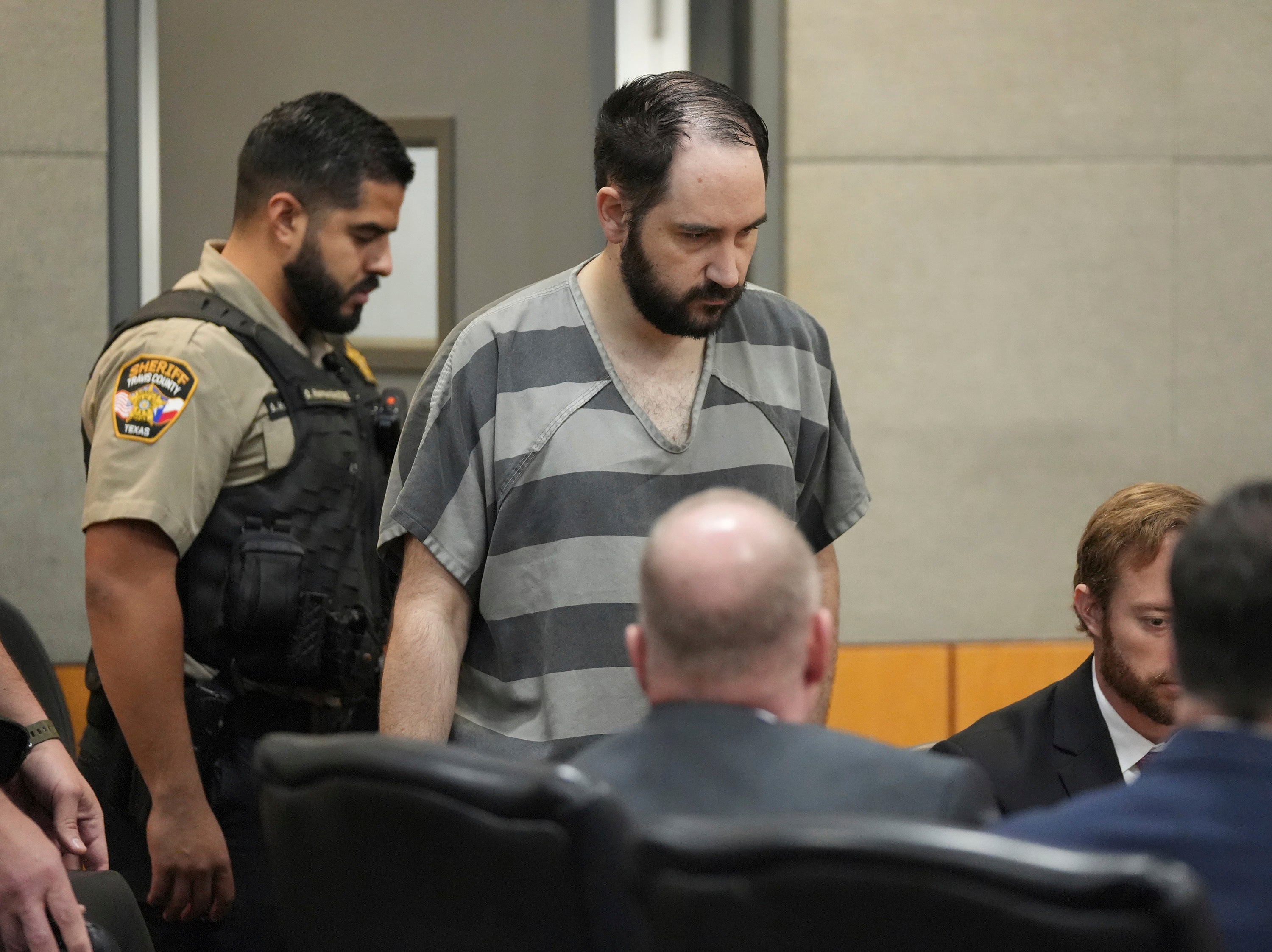Texas court denies request to reconsider governor's pardon in BLM demonstrator's killing
A Texas appeals court denied a request to consider whether to reverse Gov. Greg Abbott’s pardon of a man who was convicted of killing a Black Lives Matter demonstrator

A Texas appeals court on Wednesday denied a request to consider whether to reverse Gov. Greg Abbott’s pardon of a man who was convicted of killing a Black Lives Matter demonstrator.
The decision from the the all-Republican Court of Criminal Appeals on Wednesday at least temporarily blocked a prosecutor’s claims that the governor overstepped his pardon authority under the state constitution and undermined the appeals process in the politically charged case.
The court issued its decision without explanation. It was not immediately clear if Travis County District Attorney Jose Garza would ask the court to reconsider the decision and continue his attempts to reverse the pardon.
Abbott, a Republican, pardoned Daniel Perry in May in the 2020 shooting death of Air Force veteran Garrett Foster at a downtown Austin demonstration, one of many nationwide at the time to protest against police violence and racial injustice following the killing of George Floyd by a white police officer in Minneapolis.
Perry, a white ride-share driver, said he accidentally drove into the rally, where he encountered Foster, who also was white and was legally carrying a rifle. Perry said Foster pointed a rifle at him, but witnesses told police Foster did not raise his weapon.
A jury had convicted Perry of murder, and he was sentenced to 25 years in prison. But Perry was released within hours after the pardon was issued. Garza and Foster's family want him sent back to prison.
Abbott supported Perry’s claim that he acted in self-defense and said the state’s “Stand Your Ground” laws should have protected him from prosecution.
Nationally prominent conservatives had rallied behind Perry, and Garza accused Abbott of issuing a politically motivated pardon.
Foster’s mother, Sheila Foster, has called the pardon “absolutely unacceptable to our family.”
Garza has said he believes the case is unique in state history, from the rapid request for a pardon and its approval, to his request for the appeals court to intervene.
Abbott has said his constitutional pardon powers are clear.
“NOT GONNA HAPPEN,” the governor posted on X shortly after Garza announced his plans to seek a reversal.
Prior to sentencing, the court unsealed dozens of pages of text messages and social media posts that showed Perry had hostile views toward Black Lives Matter protests.
In May this year, 14 Democratic state attorneys general said the U.S. Justice Department should investigate whether Perry denied Foster his right to free speech and peaceful protest.
Perry served in the Army for more than a decade. At trial, a forensic psychologist testified that he believed Perry has post-traumatic stress disorder from his deployment to Afghanistan and from being bullied as a child. At the time of the shooting, Perry was stationed at Fort Cavazos, then Fort Hood, about 70 miles (110 kilometers) north of Austin.